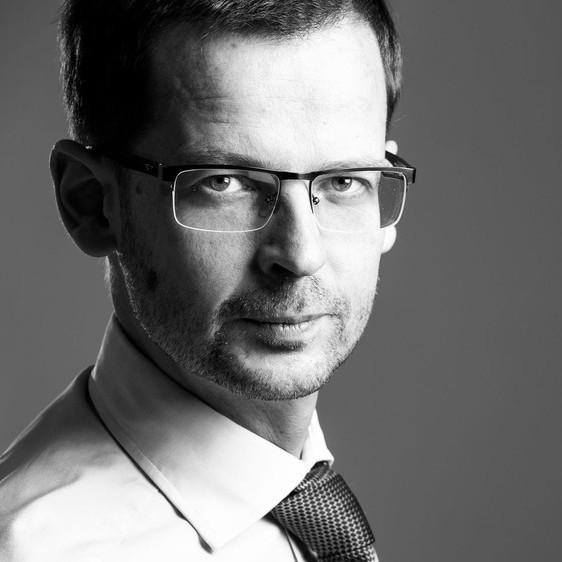What is your current job title? What is that you actually do?
I lead the ICT Business Management department that covers a few operational areas that support functioning of ICT as a business unit. My team takes care of portfolio management, ICT budgeting and cash2order process. But also capacity & resource management, continual improvement, KPI & performance management.
Last but not least me and my team contribute to ICT strategy and positioning of ICT as key enabler for business transformation.
How did you arrive at your current position?
This position and its mandate in our current setup has evolved over the last couple of years. While we have started with the portfolio management aiming at strengthening project delivery, we quickly realized that we can only take this capability to the next level if we expand on a few dependent processes.
This decision put forward focus on methodology, demand management, delivery monitoring and KPI management. With all that, before we knew it, we had to take a critical look at how we could finance these projects and the entirety of ICT.
As overall company strategy, market positioning and the goals have evolved it became very clear that for the majority of the ambitious evolution of the company will be heavily reliant on the digitalization and creation of the new capabilities to help the company grow. My ICT Business Management team is now playing a major part in supporting the transformation the company and ICT are going through.
You just followed an Agile Change Agent course, can you tell us your experience?
The Agile Change Agent course puts agile delivery in the context of company-wide change it often necessitates. That is from a pure project/product delivery perspective but also from the processes & the culture that frequently requires to be changed to get most benefits from specific capabilities that projects create.
Too often the management of change is left to the end of the product delivery as we start rolling out the capabilities. Even with agile software development it may still be the case. Unless the team (and the company) make the conscious effort to embed a change management attitude as part of the delivery routine right at the start and throughout, instead of at the end.
The Agile Change Agent course makes this very clear, while bringing the message through some practical examples.
How do you think Agile Change Management can help you and your organisation improve and change results?
Change management ensures that we make the best and efficient use of the capabilities we create as early in the process as possible. The timely injection of the change management into our software delivery cycle will help us to ensure benefits realization. With this in mind we are going to review both the software and project delivery processes, but we will also go beyond.
To help the company to transform to more efficient collaboration between business and IT anyone can play a bit of a change agent role. By working much closer together and managing the change, we will get faster to a more effective way of working across the company.
Part of the Agile Change Management is about self-assessment, what did you learn about yourself? How will you apply this knowledge in the future?
Change management is as much about psychology as it is about the new processes and the extra steps. I realized I am especially passionate about the psychology part. Upon reflection, I think that it is my natural interest that has both led me into trying this course and also puts me natively into the change agent leadership position. You can bet I will be exploiting that!
How do you see your professional growth in the coming years, what can we expect from you?
I think I am coming to a realization (helped by the course) that project delivery might be too narrow a view of a capability/benefits realization. It is more efficient to think about the projects that we need from the position of the end-to-end change that we want to see in business.
However this requires a bit of a different thinking which is a cultural transformation in itself. It would be nice to get into a driving seat with a chief transformation officer mandate at some point, to take a lead in this different way of driving things.
Let’s see if this may come my way at some point!
Curious to also follow an Agile Change Agent course? Here you can find more information on our Agile Change Agent Training and Certification.









